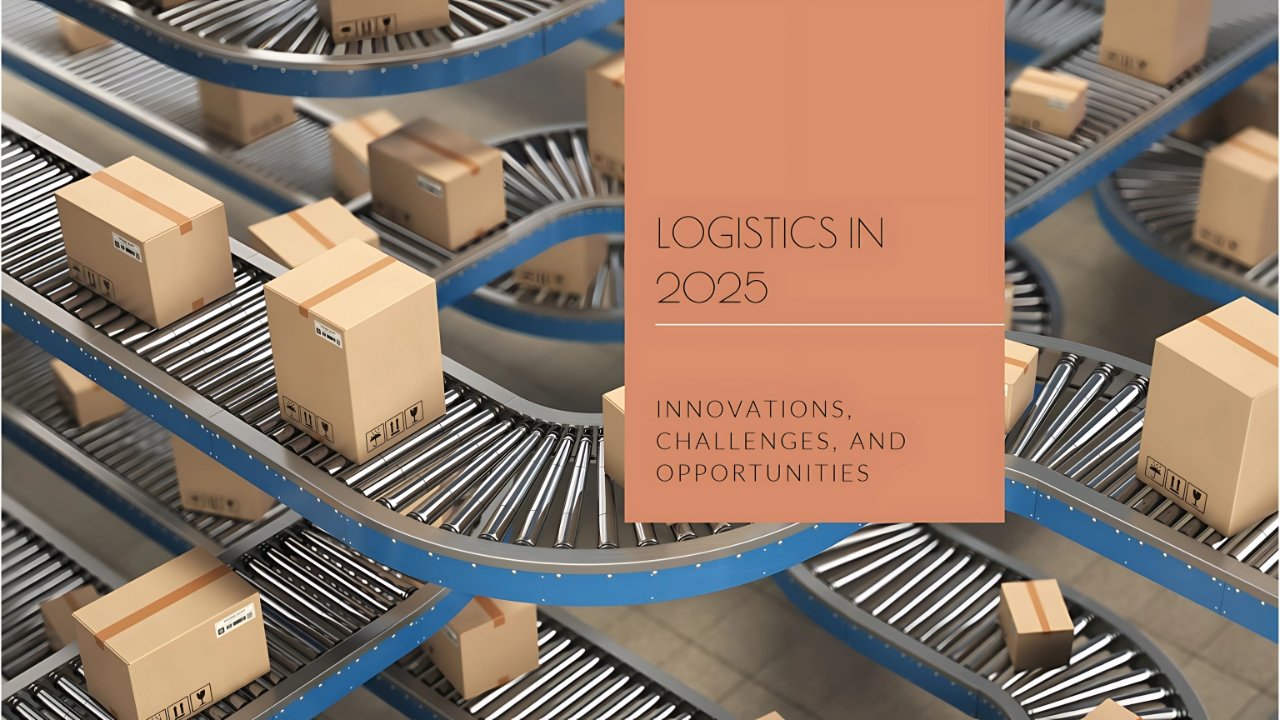The logistics sector is undergoing a massive transformation, driven by technology, changing consumer expectations, and the rise of e-commerce. In 2025, startups are playing a pivotal role in redefining how goods move from one point to another. These emerging companies are not just improving delivery speeds and reducing costs, but also creating more sustainable and efficient supply chains. Keeping an eye on innovative logistics startups can provide valuable insights into the future of transportation and warehousing.
Why Logistics Startups Are Gaining Momentum
The logistics industry has traditionally been dominated by large corporations with extensive infrastructure. However, challenges such as rising fuel costs, inefficient last-mile delivery, and increasing customer demands have created opportunities for nimble startups to innovate. Startups are leveraging technologies like artificial intelligence, Internet of Things, robotics, and data analytics to solve critical problems. Their ability to quickly adapt to market trends and implement technology-driven solutions allows them to offer more efficient, cost-effective, and customer-focused services than traditional players.
Key Areas of Innovation in Logistics
Several aspects of logistics are seeing major innovation due to startup activity. These areas are crucial for driving efficiency and improving overall supply chain performance.
- Last-Mile Delivery Solutions
Last-mile delivery remains one of the most expensive and complex aspects of logistics. Startups are experimenting with electric vehicles, autonomous delivery robots, and smart routing algorithms to reduce delivery time and cost. By optimizing routes and using sustainable transport options, these startups are helping businesses meet consumer expectations for faster and eco-friendly deliveries.
- Digital Freight Platforms
Digital freight platforms are transforming how shipments are booked, tracked, and managed. Startups in this space are creating online marketplaces that connect shippers with carriers, improving transparency and reducing empty miles. These platforms also use real-time data to predict delays and optimize load management, ensuring goods move efficiently across the supply chain.
- Warehouse Automation and Robotics
Automation in warehouses is no longer a luxury but a necessity for efficiency. Startups are developing robotic picking systems, automated storage solutions, and AI-driven inventory management tools. These innovations reduce manual errors, increase speed, and allow warehouses to handle higher volumes without proportionally increasing labor costs.
- Sustainable Logistics Solutions
Sustainability is a growing concern in the logistics sector. Startups are exploring green initiatives such as electric trucks, solar-powered warehouses, and eco-friendly packaging. By reducing carbon footprints, these companies not only appeal to environmentally conscious customers but also help businesses comply with global sustainability regulations.
Promising Logistics Startups in 2025
Several startups have emerged as leaders in the logistics innovation space. These companies are worth watching due to their unique approaches and potential for growth.
- UrbanMove
UrbanMove specializes in last-mile delivery for urban areas using electric cargo bikes and autonomous delivery carts. By focusing on congested city environments, the startup reduces delivery times while minimizing environmental impact. Their mobile app allows real-time tracking and seamless customer communication.
- FreightLink
FreightLink operates a digital freight marketplace connecting shippers with available carriers. The platform uses AI to match shipments with the most efficient transport options, reducing costs and empty miles. It also provides predictive analytics for shipment delays, helping businesses plan better.
- RoboStore Solutions
RoboStore Solutions offers warehouse automation systems, including robotic picking, automated conveyors, and AI-based inventory management. Their solutions enable warehouses to handle higher order volumes, improve accuracy, and reduce labor dependency. Several e-commerce businesses have adopted their technology to manage peak season demand efficiently.
- GreenWay Logistics
GreenWay Logistics focuses on sustainability by offering logistics services powered by electric vehicles and solar energy. They also provide consulting services to help businesses reduce their carbon footprint across the supply chain. GreenWay’s solutions are gaining traction among companies committed to sustainable practices.
Challenges Facing Logistics Startups
Despite the opportunities, logistics startups face significant challenges. High initial investment for technology and fleet, regulatory compliance, and competition from established players are common hurdles. Additionally, scaling operations while maintaining service quality and managing customer expectations requires careful planning. However, startups that innovate strategically and focus on niche markets have the potential to overcome these obstacles and achieve long-term success.
The Future of Logistics Startups
The logistics sector is poised for continued growth, driven by digital transformation and evolving consumer demands. Startups will play a central role in this evolution, introducing new business models, sustainable practices, and technology-driven efficiencies. Partnerships with large logistics companies, integration of advanced analytics, and adoption of green solutions are likely to define the next wave of successful startups. Businesses that collaborate with these innovative companies will be better positioned to enhance efficiency, reduce costs, and meet customer expectations in an increasingly competitive market.
Conclusion
In 2025, logistics startups are not just participants in the supply chain—they are redefining it. By focusing on last-mile delivery, digital freight platforms, warehouse automation, and sustainability, these startups are driving efficiency, reducing costs, and transforming customer experiences. Keeping an eye on these companies offers insights into the future of logistics and highlights the role of innovation in shaping a more connected and efficient supply chain ecosystem.
